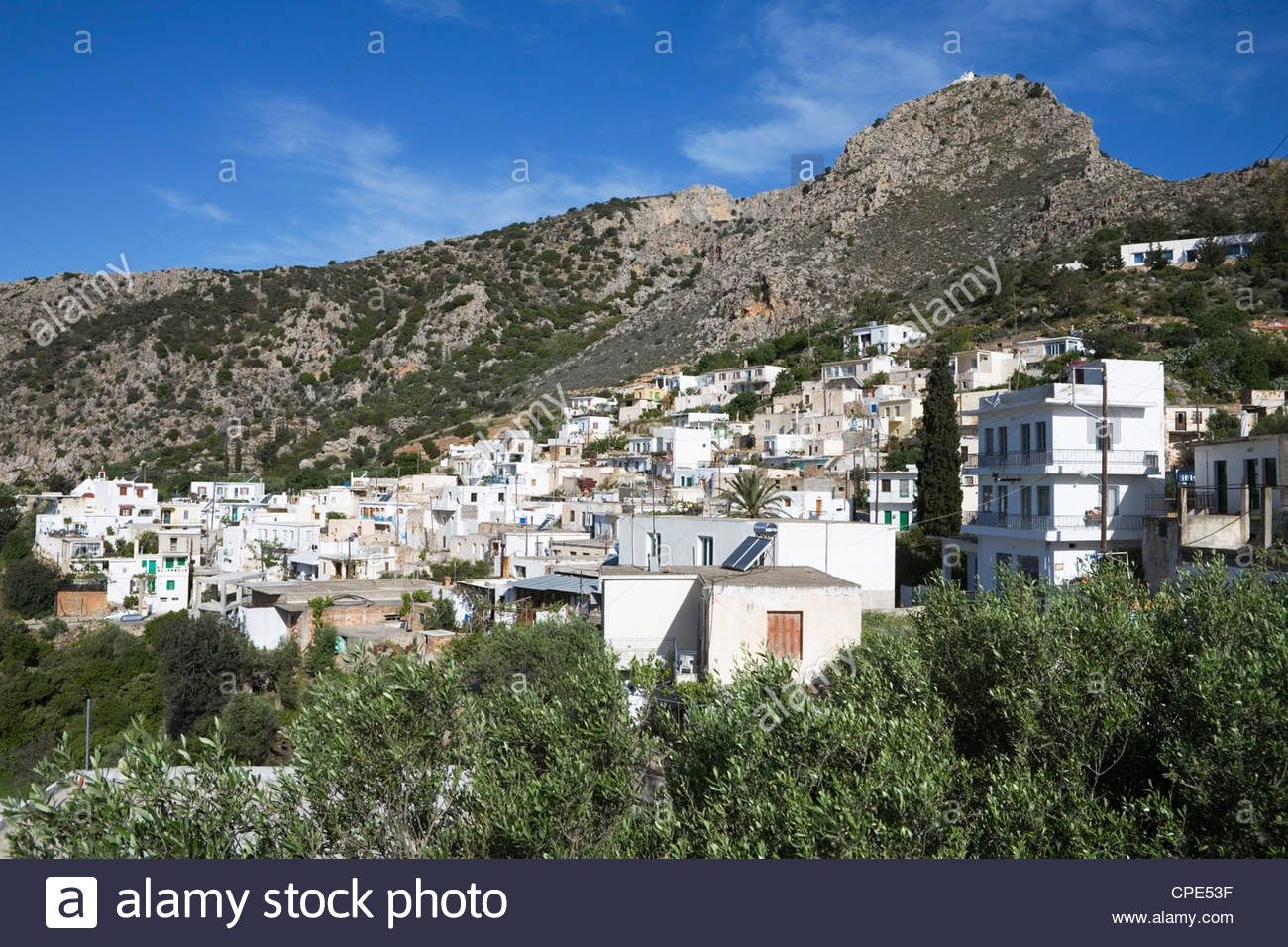Hello hellions.
[Originally: Where does this come from?]
Not a very informative question, I trust you will agree. I have taken the this out of question details, and changed it to:
Where does this quote “βίᾳ ἤρχεσαν οἱ τριάκοντα τῶν Ἀθηναίων και τὸν δῆμον ἤδν κατελελύκεσαν” come from?
Which, one would have thought was the helpful thing to do.
QCR reverted me. I reverted it back.
QCR reverted me again. I reported it for vandalism, and reverted it again.
QCR reverted me once again. “However, the question has been flagged as possibly violating policy and will be reviewed.”
No shit, Sherlock.
Esteemed hellions, we know that QCR has longstanding problems with non-English, but this is worse than that. What is current best practice for getting QCR, aka Poster Boy about How AI Is Not Ready For Prime Time Yet, to shut the hell up? Reverting it and reporting it for vandalism is clearly no longer working.
Thank you, and SHUT UP QCR.
